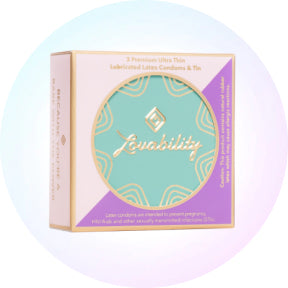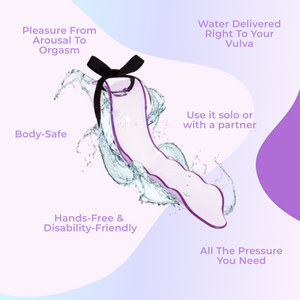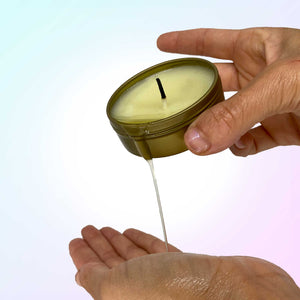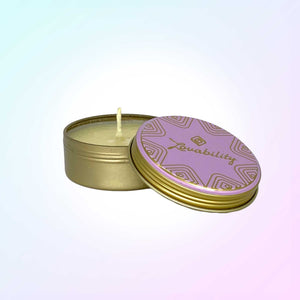Today we're going to have a candid conversation about a topic that's sometimes overlooked in long-term relationships: condoms and why safe sex is still important. As a woman who believes in empowerment and taking control of my sexual health, I'm here to share why prioritizing safe sex, even in committed relationships, is crucial for our well-being and intimacy.
So, let's explore why condoms are still important in long-term relationships and how they can enhance both pleasure and protection.
First, let's debunk a common misconception – that condoms are only necessary in casual or new relationships. The truth is, condoms play a vital role in protecting ourselves and our partners from sexually transmitted infections (STIs) and unplanned pregnancies, regardless of relationship status. Even in long-term, monogamous relationships, the risk of STIs still exists, especially if one or both partners have had previous sexual partners.
Additionally, many STIs can be asymptomatic, meaning they show no noticeable symptoms. Without regular testing and consistent condom use, these infections can go undetected and untreated, potentially leading to health complications and transmission to sexual partners. By using condoms consistently and correctly, we can reduce the risk of STI transmission and protect ourselves and our partners from potential harm.
But what about birth control and other forms of contraception? While birth control methods such as pills, patches, or implants are effective in preventing pregnancy, they do not provide protection against STIs. Condoms are the only form of contraception that also offers protection against STIs, making them an essential tool for sexual health and well-being, even in long-term relationships.
Moreover, using condoms in long-term relationships can enhance intimacy and communication between partners. By openly discussing and prioritizing safe sex, you're demonstrating care and consideration for your partner's health and well-being. You're also fostering a culture of trust and mutual respect, where both partners feel comfortable discussing their sexual health needs and concerns.
Furthermore, incorporating condoms into your sexual routine can add an element of excitement and novelty to your intimate encounters. Trying new types of condoms, such as flavored, textured, or ultra-thin, can enhance pleasure and sensation for both partners, keeping things fresh and exciting in the bedroom. Plus, experimenting with different condom styles can be a fun way to explore your sexual preferences and desires together.
It's also important to acknowledge that using condoms in long-term relationships is not just about protection – it's also about empowerment and autonomy. By taking control of your sexual health and well-being, you're demonstrating agency and self-respect in your relationship. You're also setting a positive example for your partner and encouraging them to prioritize their own sexual health and well-being as well.
Now, you might be wondering, "But what if my partner doesn't want to use condoms?" It's essential to have open and honest conversations with your partner about your sexual health needs and boundaries. If your partner is hesitant about using condoms, address their concerns openly and empathetically. Provide reassurance and information about the benefits of condom use, such as protection against STIs and unplanned pregnancies. You can also offer to explore different types of condoms together to find what works best for both of you.
In conclusion, condoms are still important in long-term relationships for protecting ourselves and our partners from STIs and unplanned pregnancies. By prioritizing safe sex, we can enhance intimacy, communication, and pleasure in our relationships while taking control of our sexual health and well-being. So, let's continue to prioritize safe sex and open communication in our long-term relationships – because taking care of ourselves and our partners is the ultimate act of love and respect.
More Articles You Might Love

Get To Know Your Vulva




















